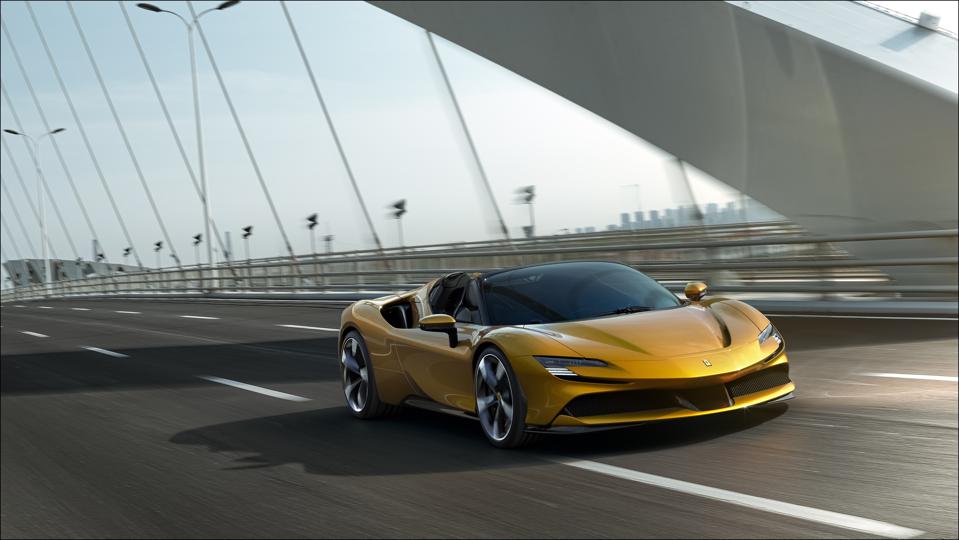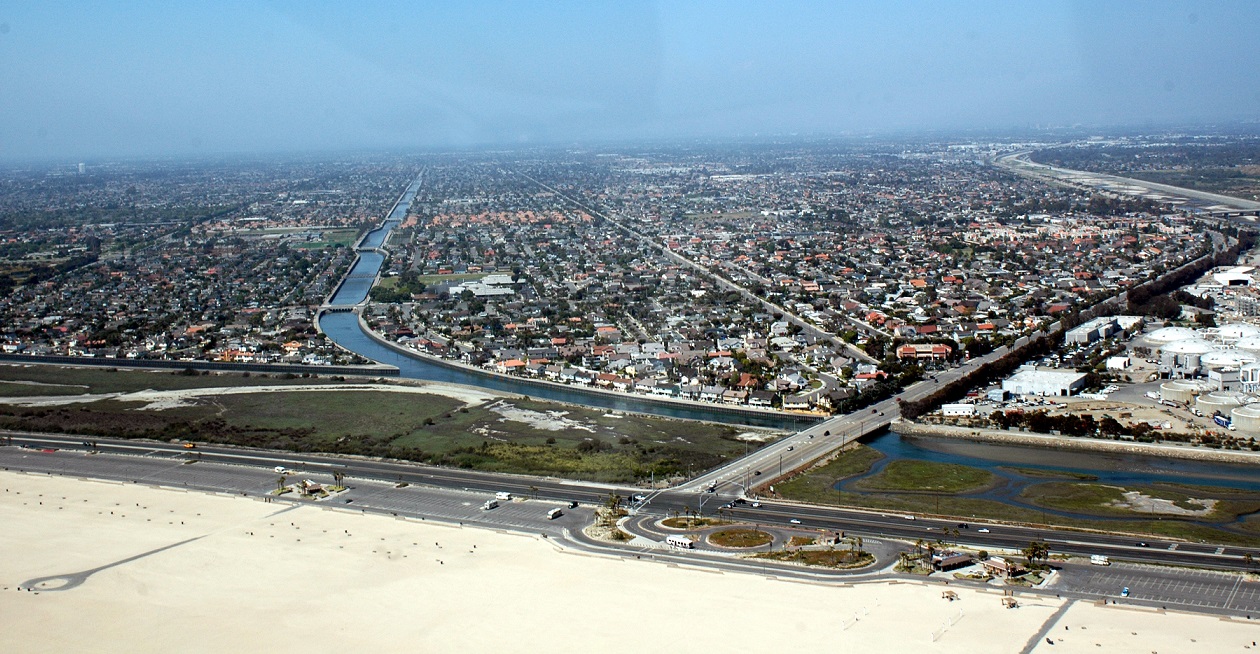Now Reading: Ferrari unveils fully electric SF90 Stradale hybrid
-
01
Ferrari unveils fully electric SF90 Stradale hybrid
Ferrari unveils fully electric SF90 Stradale hybrid

Ferrari unveiled the SF90 Spider on Thursday, a convertible version of its SF90 Stradale hybrid and part of the Italian luxury carmaker’s drive to make 60% of sales from hybrid technology by 2022.
The new car will include the same features as the 4WD SF90 Stradale released in 2019, with a 780 horsepower 8-cylinder combustion engine integrated with two front-mounted electric motors having an extra 220 horse power, and also a retractable hard top.
One hundred kilos heavier than the Stradale, the Spider will cost 473,000 euros ($558,000) in Italy, outpricing the 430,000 euro ($508,066) Stradale at the top of Ferrari’s price range for series-production vehicles.
First deliveries are expected in the second quarter of 2021, in Europe.
“We consider the SF90 our range supercar,” said Enrico Galliera, the Chief Commercial and Marketing Officer.
“We don’t see any competitors on the market at the moment,” he said, adding the SF90 would also attract buyers of powerful V12 sports cars.
Together with a top speed of 340 km per hour, the plug-in hybrid SF90 can provide 25 kilometres of silent electric-only power, permitting drivers to leave home quietly and pass-through city centres without producing emissions.
Until now, the COVID-19 pandemic has not postponed Ferrari’s ambitious plans to come up with new models, with the SF90 Spider coming two months after the Portofino M, a makeover of Ferrari’s top-selling grand tourer (GT).
It keeps a pledge to reveal two new cars this year, after a record five in the last year, including SF90 Stradale, Ferrari’s first hybrid in series-production.
The SF90 Spider is the eighth new model out of the 15 Ferrari pledged in its 2018-2022 plan.
The automaker, mainly owned by Exor, the holding company of Italy’s Agnelli family, has pledged that 60% of vehicle sales will be hybrid by 2022.
A fully-electric Ferrari car, however, is not expected until after 2025, as the battery technology needs more development and the group needs to prepare consumers more used to roaring engines than a quiet drive.
“For the time being we don’t consider electric technology suitable for Ferrari’s needs, it will be for sure in the future, but not now,” Galliera said
Stay Informed With the Latest & Most Important News
Previous Post
Next Post
-
 01Polestar Boss Says It’s Time To Outrun BMW M And Mercedes-AMG
01Polestar Boss Says It’s Time To Outrun BMW M And Mercedes-AMG -
 02Spy Shots: 2027 Mitsubishi Pajero Spotted in Testing Ahead of Possible U.S. Return
02Spy Shots: 2027 Mitsubishi Pajero Spotted in Testing Ahead of Possible U.S. Return -
 032026 Toyota Hilux EV: A Powerful Truck with Silent Torque
032026 Toyota Hilux EV: A Powerful Truck with Silent Torque -
![2027 Mercedes-Benz S-Class Debuts with V8 Engine [Photo Gallery]](https://speedlux.com/wp-content/uploads/2026/01/2027-Mercedes-Benz-S-Class-33-155x125.jpg) 042027 Mercedes-Benz S-Class Debuts with V8 Engine [Photo Gallery]
042027 Mercedes-Benz S-Class Debuts with V8 Engine [Photo Gallery] -
 052026 Corvette ZR1 Production Surges Past Expectations as Output Clears 1,000 Units
052026 Corvette ZR1 Production Surges Past Expectations as Output Clears 1,000 Units -
 06Spy Photos: VW ID. Polo GTI Goes Electric with 223 HP and 280 Miles of Range
06Spy Photos: VW ID. Polo GTI Goes Electric with 223 HP and 280 Miles of Range -
 07Hyundai Palisade’s Breakout Year Shows How Quickly the Market Can Turn
07Hyundai Palisade’s Breakout Year Shows How Quickly the Market Can Turn



![2027 Mercedes-Benz S-Class Debuts with V8 Engine [Photo Gallery]](https://speedlux.com/wp-content/uploads/2026/01/2027-Mercedes-Benz-S-Class-33-700x394.jpg)









































